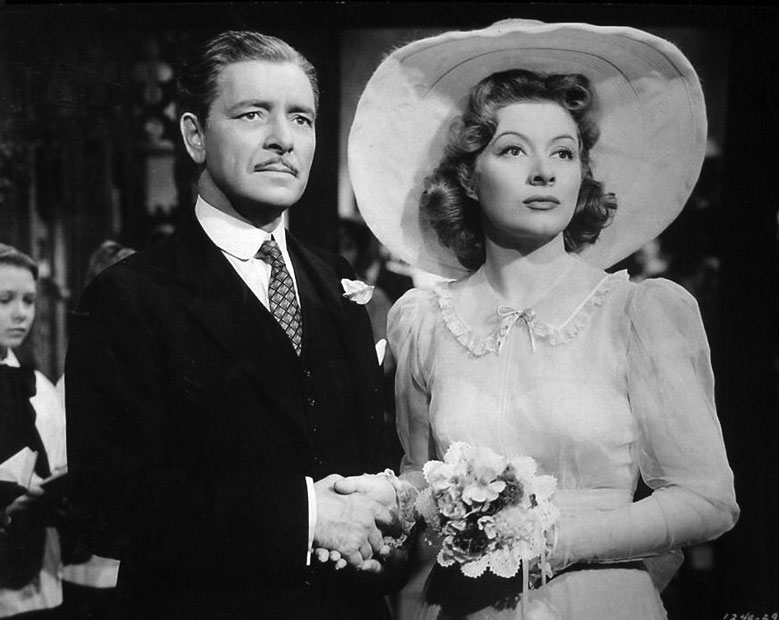Bosley Crowther in The New York Times described Alastair Sim's performance in "Scrooge" (1951), as "precisely the dour and crabbed creature that he is in the memorable tale." While he does not go any further in describing Sim's contribution to the forthcoming dynasty of the Charles Dickens classic, it's been set in stone that "Scrooge" and Sim is the definitive standard.
But in time, modern critics have gone deeper into Ebenezer Scrooge's characterization which keeps this incarnation the definitive standard. "We're used to thinking of Scrooge as a capitalist caricature [...] but Sim helps you see bits of yourself inside of the character rather than the usual Dickensian grotesque to look down upon and judge. His Scrooge is alternately mean, cranky, pitiful, cowardly, wonderful, terrible, funny, cruel and just an all-round Everyman. The performance is rife with little gestures and expressions that are so beautifully real and human." (Op-Ed "Scrooge" with Alastair Sim is still the best Christmas flick)
Greg Ferarra on the Turner Classic Movies website best nails what it is about Sim's Scrooge that stands out beyond Reginald Owen's or Seymour Hick's. "One must hit the sour notes, playing a ruthless, miserly Scrooge just enough to make the audience
recoil but not so much that redemption would seem impossible. A twinkle of the decent spirit inside, the noble vestige of the youthful Ebenezer, must show through, if just a little bit, lest the climax our Ebenezer in the uncomfortable position of appearing phony. His redemption must seem and feel real, not forced, and with Alastair Sim that transformation is not only exquisite in its perfection, but joyful in spirit, both of the
character and the story."
Jeff Cottrill back on digital journal describes how Scrooge emotes once he awakes on Christmas Day which sums up how consummate of an actor Sim was. "The closing scenes, in which Scrooge explodes into interminable laughter while offering raises to Mrs.
Dilber and Mervyn Johns' Bob Crachit [...] are masterful pieces of acting. It's not that he's so happy that he
wants to laugh - he's so happy that he
can't stop laughing. Sim must have really put himself "in the zone" when preparing for these scenes; it's a Method performance when Method acting in
film was barely a thing yet."
The extraordinary thing is that Sim
was not taught acting, having decided to take on the profession after being released from military service at the end of World War 1. While working in an assessor's office, he began to take poetry reading classes as a hobby. This led to him winning the Edinburgh Music
Festival which led to him teaching elocution at a university in Dalry, Scotland. Eventually, Sim would also teach acting to private pupils in Edinburgh while working as an elocution lecturer at the university. He would also start a drama school for children. When dramatist John Drinkwater saw a production of his, Sim was encouraged to take up acting professionally. His first stage credit would be in "Othello" in 1930 at the Savoy Theater in London. Until "Scrooge" went into production in 1951, Sim was an established actor with more than 40 film credits and 48 stage credits although his short television career barely begun.
The look he was given by makeup artist Eric Carter also greatly contributes to the role of Scrooge.
The Guardian's Michael Newton best describes its effect as "a man physically framed for the Dickensian world [...]. His apparently old face is remarkably unlined, yet he exudes the seediness of shabby rooms in lodgings, criminal wickedness in a cardigan [...]. You feel about Sim the loss of better days; there's a sadness of experience
in him, a twinkling stoicism. In films such as Guy Hamilton's An Inspector Calls (1954), he could at once personify goodness and menace. In other words, he was born to play Scrooge. Sim's performance was so definitive, so excellent, that it produced its own reiteration."
"Scrooge" (1951) will be on TCM tonight at 8:45 pm CST/9:45 pm EST












